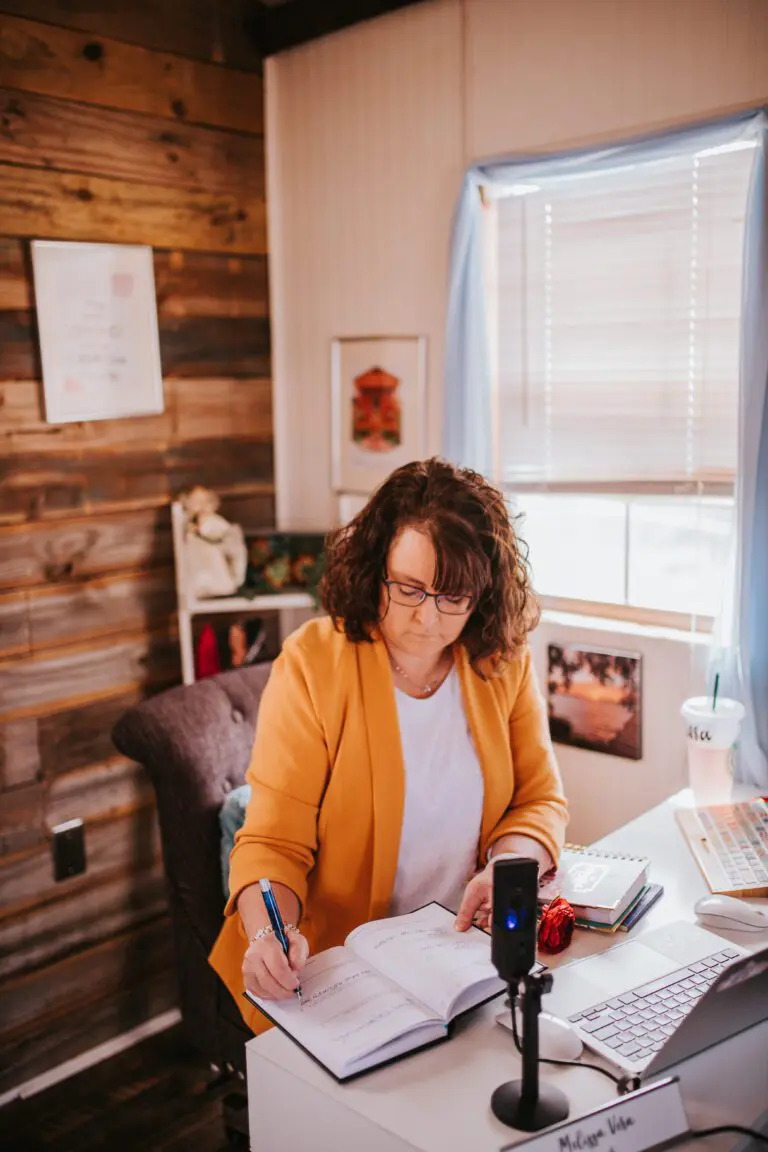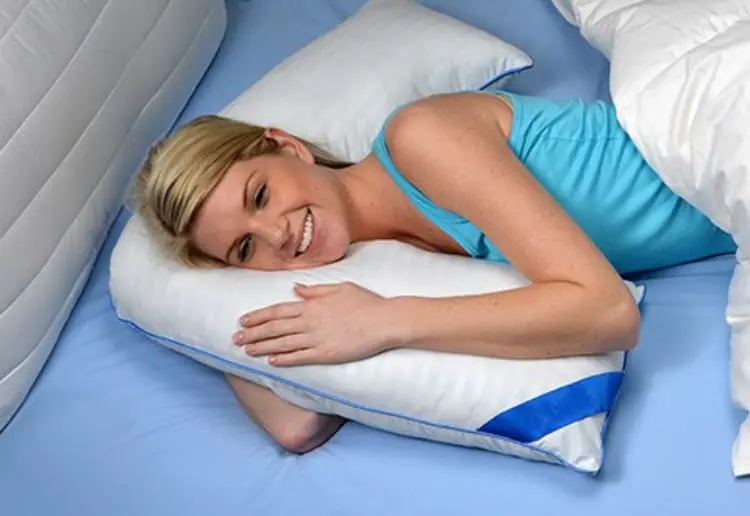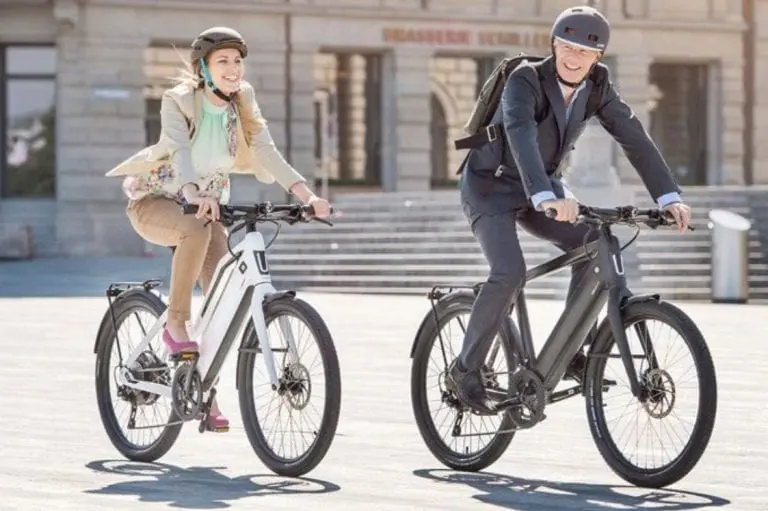Sleep Yourself Healthy

Medical intervention costs you both money and time, but in order to get the most out of the care you are paying for, you want to make sure that you are helping in ways that don’t cost you a lot of money. This means ensuring you implement good lifestyle choices to raise your general standard of health, even before you get sick. One of the best ways to do this is by getting more sleep. It sounds simple, but many people are missing out, and it does more to your body than you think. Click here for best gifts for nappers.
Why Am I Tired?
Let’s start the conversation with the actual mechanics of sleep. There’s a biological reason for this the tired feeling you get during the day, even if you’re not necessarily sleepy. There is a biological clock located in a cell cluster in the brain, controlling something called the circadian rhythm. Circadian rhythms determine sleeping and feeding patterns. Generally, this pattern begins with wakefulness during the day, followed by increasing sleepiness in the evening. Don’t be surprised by the average rhythm and also having a small “hump” of sleepiness in the afternoon.
There are other things that can cause us to feel like we’re ready to sleep, even if it feels like an inappropriate time. We have a homeostatic sleep drive that generally runs parallel to the circadian rhythm. This throws things off if you are awake for over 16 consecutive hours or work a night shift. Your period of wakefulness may begin and end earlier, leading to grogginess.
Most people are aware of how sleep can deal with the effects of sleep deprivation. One NASA study on sleepy military pilots and astronauts found that a 40-minute nap improved performance by 34% and alertness by 100%. How does this help? This can lead to not only being more effective at work or school but also lowering the chance of accidents when driving or operating machinery. Another study focused on the elderly, a group more likely to nap than others. The results showed that napping had a twofold effect. One was that healthy older individuals increased their total sleep time without daytime drowsiness. The second was measurable cognitive benefits. This shows how much the effects of sleep deprivation stretch out in terms of health issues. Because of this, getting to sleep is exactly what you need.
Why Do We Need To Sleep?
On top of the things we expect, there are also other, more subtle functions of sleep. Sleep is associated with increased levels of muscle growth, tissue repair, and hormone release. This is part of the reason why extra sleep is needed for children and infants. Despite the fact that modern culture suggests that staying up for work is a good trait, missing out on sleep can cause issues at any age. For example, depression and lack of sleep are highly linked, but it’s a bit of a chicken-or-the-egg situation. Studies show that people who are depressed may feel the need to sleep more. They also show that people who are depressed are more likely to not be getting regular sleep. The same applies to similar conditions like anxiety disorders.
In addition, conditions like sleep apnea may be affecting you without you even knowing this. Sleep apnea occurs when the airway is suddenly blocked during sleep, causing you to wake up. This can affect anyone, but here are some common sleep apnea risk factors:
- being over 40
- being overweight
- having large tonsils, a large tongue, or a small jaw
- having a family history of sleep apnea
- having a nasal obstruction due to a deviated septum, allergies, or sinus problems.
Sleep apnea can actually become quite serious if it goes untreated. According to CelebrityDental.com, “Someone with sleep apnea may stop breathing anywhere from a few seconds to several minutes. People who have this serious condition are usually unaware since it occurs during sleeping hours. While snoring is the number one symptom, other side effects include dental sensitivity, tooth decay, and worn and cracked teeth.” Learn more about sensitive teeth and the dentists in chattanooga now.
These and other conditions prevent you from reaching all the proper levels of sleep. The end result is that you are in bed for the needed amount of time but aren’t well-rested. Depending on what’s keeping you awake, there are several tactics you can use to try and keep from having sleep-related issues. If it’s an issue of scheduling, you may just need to rearrange your day, even trying to set aside naptime. It may sound silly, but it does help in some cases.
In other situations where things are more serious, you may need to take more drastic measures. In the case of sleep apnea, the best CPAP machine and even surgery may help with oral issues that are blocking the airways.









